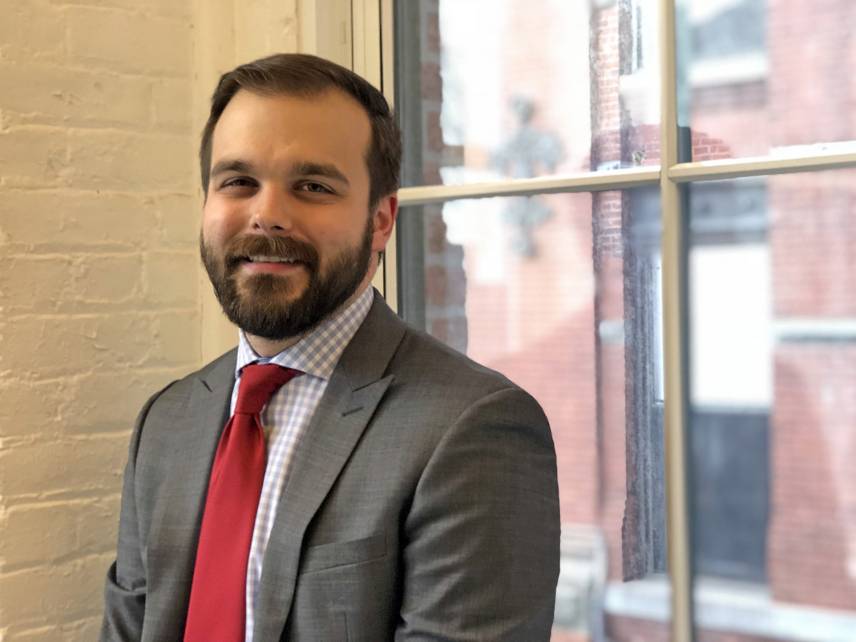‘There are no passive participants’
This post is part of an ongoing series of student reflections on equity, diversity, and inclusion in public service.
Cody Dulock (MPA-PNP Candidate 2018)
There are a few reasons why I chose to take Race, Identity, and Inclusion in Organizations. First, I knew that it would be a challenging course, and as a white male, I understood that I would need to confront my own privilege, discuss some ways that I have disproportionately benefited from this system and what my role is in addressing racial diversity and building equity and inclusion.
Second, for more than five years, I have been fortunate enough to work at the Manhattan District Attorney’s Office. The Office is a leader in focusing on issues surrounding diversity and inclusion internally and works to understand and address racial disparities in our criminal justice system. It has been inspiring to be part of the team to implement new initiatives, such as implicit bias trainings for staff, and what we can do to ensure our office is representative of the diverse community we serve. My work in this arena led me to recognize that deeper self-exploration and reflection could benefit me both personally and professionally. I felt that I lacked the historical, experiential, and contextual knowledge that I hoped a class such as this one would provide—and it delivered.
Lastly, I often thought that given my background, I could not speak with authority on such issues, or if I did, I would not be taken seriously or it would seem disingenuous. This course reminded me that there are no passive participants in addressing issues and having conversations surrounding race, identity, and inclusion. No one single person or group can bear the burden or single-handedly pursue this mandate, we must all step up. The sooner one is able to build the stamina to engage in conversations, the easier it will be to actually begin to bridge differences and address the myriad issues facing so many in our country.
